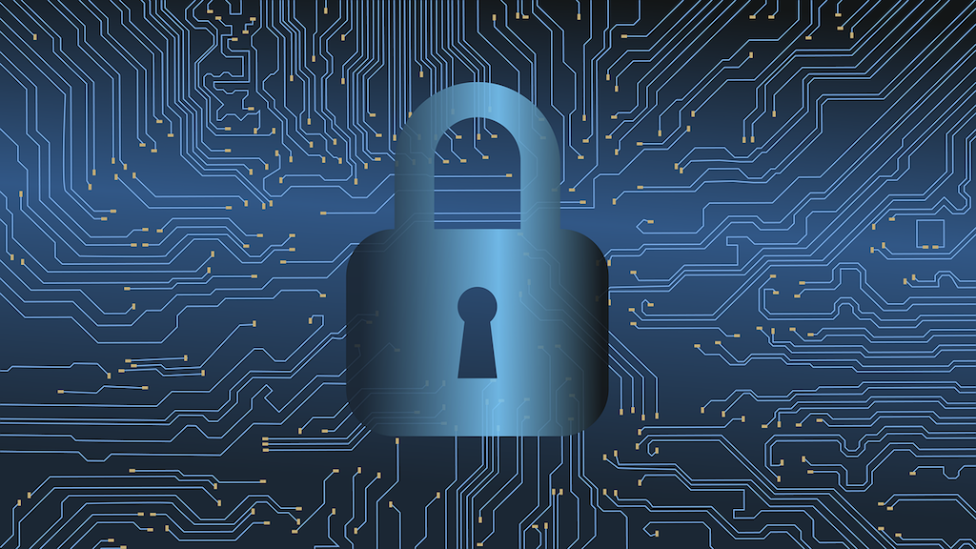The need for secure and private digital transactions has become paramount in an era defined by the digitization of our lives and the relentless pursuit of technological advancement. As we embark on this intellectual journey, we will uncover the extraordinary potential of blockchain to revolutionize the landscape of cybersecurity and safeguard the sanctity of our sensitive data.
Imagine a decentralized ledger, impervious to tampering or unauthorized access, where trust is built into the very fabric of its design. That is the power of blockchain, a groundbreaking innovation that has transcended the realms of finance and permeated various sectors, including cybersecurity.
Enhancing Cybersecurity with Blockchain Technology
Blockchain technology offers a range of innovative solutions to enhance cybersecurity measures and protect sensitive data from evolving cyber threats. One key aspect is using blockchain for secure and transparent identity management. Traditional centralized identity systems are vulnerable to data breaches and identity theft. By leveraging blockchain’s cryptographic algorithms and decentralized nature, individuals can have greater control over their digital identities and authenticate securely without relying on intermediaries. Blockchain-based identity platforms, like uPort and Sovrin, provide decentralized and self-sovereign identity management solutions, reducing the risk of identity fraud and enabling secure digital interactions.
Another area where blockchain contributes to cybersecurity is in securing supply chain management. Supply chains are:
- Complex networks involving multiple stakeholders.
- Making them susceptible to fraud.
- Counterfeiting.
- Data manipulation
By implementing blockchain, companies can create an immutable and transparent record of every transaction, ensuring the integrity and traceability of goods. For instance, IBM’s Food Trust platform utilizes blockchain to track and authenticate food products, reducing the risk of contaminated or counterfeit items entering the supply chain. This enhances consumer trust, strengthens supply chain cybersecurity, and mitigates fraudulent activities’ risks.
Safeguarding Data Privacy through Blockchain Technology
Data privacy is critical in the digital age, with growing data breaches and unauthorized data collection. Blockchain technology offers innovative approaches to protect data privacy and empower individuals to have control over their personal information. One such approach is through blockchain-based decentralized identity solutions. These systems enable users to store their personal data in a secure and encrypted manner on the blockchain, granting them control over their data and allowing them to selectively share it with trusted entities. By eliminating the need for centralized data repositories, blockchain-based decentralized identity systems mitigate the risk of large-scale data breaches and enhance data privacy.
Conclusion
Blockchain technology offers promising solutions to enhance cybersecurity and protect data privacy. By leveraging blockchain’s decentralized nature, cryptographic algorithms, and transparency, organizations can strengthen their cybersecurity measures, secure supply chains, and ensure the privacy and integrity of sensitive data. With blockchain-based solutions for identity management, secure data storage, and decentralized consent mechanisms – individuals can regain control over their personal information and mitigate the risks associated with data breaches and unauthorized data collection.




























